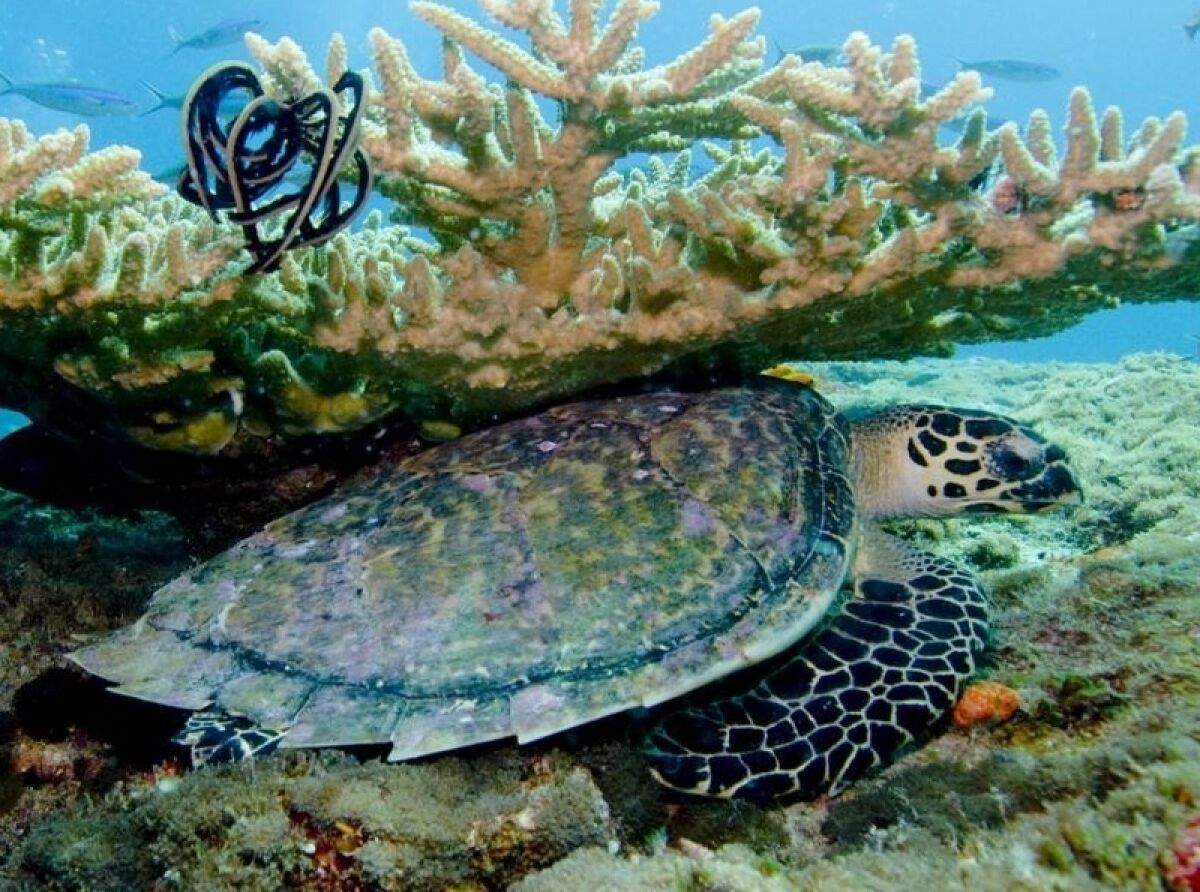As part of the commemoration of World Environment Day, the Secretariat for the Environment and Territorial Development (Semadet) held the virtual panel "Corals, forests and landscapes, how are ecosystems restored?"
In 2021, the United Nations Decade for the Restoration of Ecosystems begins, under the motto "Reimagine, Recreate and Restore," in order to undertake a global mission to restore ecosystems and take care of nature.
When addressing the issue of restoration, Semadet proposes a dialogue between experts to publicize the cycle of degradation of forest ecosystems, soils, and coral reefs, as well as the prevention and conservation options that are implemented to recover environmental ecosystems and the health of the living beings that inhabit the planet. Three specialists spoke to clarify the panorama of ecosystems in Mexico.
During the panel the concept of ecological restoration in forests, soils, and coral reefs was addressed. The factors of change in the ecosystems, mostly of anthropogenic origin, and the difficulties that exist to counteract the effects of the degradation of natural spaces were detailed. It was emphasized that technical and scientific knowledge in the field is of the utmost importance to undertake any restoration action, since there is a risk of introducing invasive alien species. In addition, it must be taken into account that nature has its own regeneration times, so one of the options is to responsibly manage it and facilitate its recovery.
According to data from the United Nations, 50% of the world's coral reefs have been lost; there is a risk that by 2050 the figure will increase to 90%. The global panorama is at a critical point due to the degradation of ecosystems and the loss of biodiversity that has increased in recent years.
Participating in this panel were Enrique Jardel, research professor at the University Center of the South Coast of the University of Guadalajara; Anastazia Banaszak, from the Academic Unit of Reef Systems of the Institute of Marine Sciences and Limnology of the National Autonomous University of Mexico; Jacinto Samuel García Carreón, Deputy Manager of Environmental Compensation of the National Forestry Commission (Conafor); with the moderation of Sandra Gallo-Corona, general coordinator of Education and Culture for Sustainability at Semadet.
The recorded broadcast can be viewed in full at the following link:
Semadet Facebook Recorded Broadcast
If you are a snorkeler or diver here on the beautiful beaches of Puerto Vallarta, please swim cautiously so as not to disturb the natural ocean environment and its wildlife.

